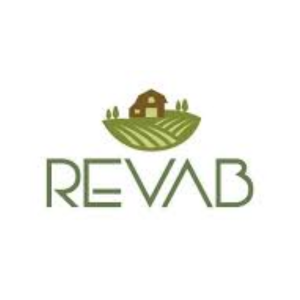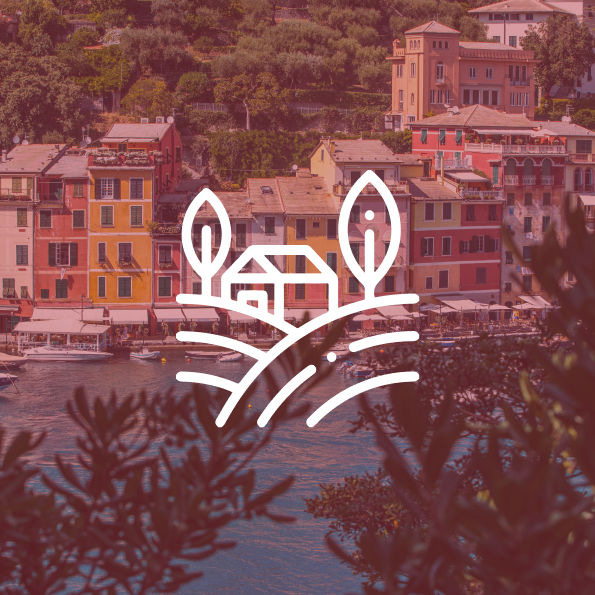
Revab
In the last years rural areas have been facing hard challenges: the unemployment rate in predominantly rural regions of the EU is 11% compared to 8.5% in the EU and the enormous consumption of agricultural land for settlement, traffic and industry. This has led the loss of centers of rural living when there are no further uses for existing agricultural buildings. The potential for reuse of existing agricultural buildings is huge, but there is a lack of possibilities to get to real experiences in this field from entrepreneur to entrepreneur. Access to training is a key factor that needs to be improved too.
The aims of the REVAB project were:
- to foster the entrepreneurial approach of the use of existing agricultural buildings in different regions of Europe (IT, ES, BG, DE, PL)
- to stimulate rural entrepreneurs, rural land and real estate owners and young farmers to think about possibilities of (re-) use and valorization of existing agricultural real estate and farmstead respecting economic, ecologic and social effects
- to avoid further consumption of agricultural land through settlement and industrial real estate.
In the end, the REVAB project produced the first comprehensive, flexible and fully open-source training system for the reuse and valorization of agricultural buildings. As one of the main training tools of the system were case studies, trainees had the opportunity of learning through real successful experiences and, for the first time, an entrepreneurial exchange about the topic was possible on regional, on national as well as on European level. The REVAB training system included all the aspects of sustainability (social, environmental and cultural) in addition to pure economics and was achieved through the use of ICT and e-learning.


This project has been funded with support from the European Commission. This publication reflects the views only of the author, and the Commission cannot be held responsible for any use which may be made of the information contained therein.
Project nº 2015-1-BE01-KA202-013183


